The first step to recovery from drug addiction is usually a detox program through an inpatient treatment center. However, for a lot of individuals, the journey doesn’t stop there. A Sober Living Residence provides an excellent opportunity to continue on the path to recovery and sustain sobriety after completing addiction treatment.
But what does it mean to live in a sober living residence? What benefits can one receive, and how can ReCreate Life Counseling help?
This article will explore this often misunderstood part of the rehabilitation process, giving readers insight into the realities of sober living. So, if you’re curious about sober living residences, read on to learn more.

Table of Contents
- 1 What are Sober Living Homes
- 2 What is the Difference Between Sober Living and Halfway Houses?
- 3 WHAT ARE THE BENEFITS OF A SOBER HOME?
- 4 BOYNTON BEACH RESIDENCE
- 5 DELRAY BEACH RESIDENCE
- 6 WHAT ARE THE KEY SIGNS OF A HIGH-QUALITY HOME FOR SOBER LIVING?
- 7 Why Choose ReCreate Life Counseling as Your Sober Living Home?
What are Sober Living Homes
Sober living homes, also called sober living houses, sober homes, or recovery homes, are living residences that provide a safe and supportive environment for individuals in recovery from drug or alcohol abuse. Sober living homes are designed to provide a supportive and drug-free living environment for individuals in recovery from alcohol or substance use disorders.
These programs help people transition from a structured rehabilitation facility to everyday life. Residents live in an environment free of substances that may trigger a relapse and learn the tools necessary to lead a sober life. Living with other people in recovery can provide peer support, accountability, and guidance that can be essential for lasting sobriety.
What is it Like to Live in a Sober Home?
Life in a Sober Living Home is quite different from life in a traditional residence. People in recovery from drug and alcohol addiction can reside in a closely monitored and sober environment that adheres to a set of house rules and regulations that include attending therapy or counseling, maintaining sobriety, and abiding by curfews.
Rules
Specific rules must be followed while living in a sober home. These may include:
- Residents must adhere to a curfew, such as residents are required to be back in their homes by a particular time or have all lights turned off.
- Submitting to regular drug testing.
- No drugs or alcohol
- No overnight guests of the opposite sex
- No loud music or parties
- No smoking inside the residence
- No stealing or invading personal space
- No offensive language
Personal Responsibility
The importance of personal responsibility is emphasized in sober living homes. Residents are expected to care for their own expenses, such as rent, food, and basic necessities.
Residents in a sober home are also responsible for completing chores such as cleaning and laundry.
Living Environment
- As for the living environment, sober homes are peaceful, safe, and beautifully maintained.
- You have a comfortable bed and access to a clean bathroom, kitchen, and dining area. You can relax in the living room or outdoors in the Florida sunshine. The fact that you’re living in a well-appointed house helps lift your mood and gives you the security you need for recovery.
- Other residents share the house with you. As you figure out how to maintain sobriety, you enjoy opportunities for mutual support and don’t have to struggle with social isolation.
- You can also participate in activities with your housemates, such as visiting the beach or buying groceries together.
- As part of the residency program, you will work with recovery specialists who provide guidance on building a steady and sober lifestyle. Their work goes beyond addressing addiction and includes interventions, relapse prevention, life skills training and support for your overall psychological health, relationship skills, and job training.
House Meetings and Treatment Programs In Sober Living Homes
- Residents participate in weekly house meetings and 12-step programs and work with their counselors to develop individualized plans for success.
- House meetings offer an opportunity to discuss sobriety goals, set new goals, and share experiences that can benefit everyone in the home.
- Counselors help residents set goals and create coping strategies to help maintain sobriety.
- The clinical staff also monitors each resident’s progress and provides one-on-one counseling sessions as needed.
Additionally, Sober Living Homes offer a variety of mental health and addiction recovery counseling services tailored to each individual’s needs. This includes:
- Intensive Outpatient Program
- Group Therapy
- Cognitive Behavioral Therapy (CBT)
- Trauma-Informed Care Programs
- Relapse Prevention Education
- Substance Abuse Treatment (SAT) Programs
- Referrals from a healthcare treatment provider may be used for medication management if needed.
It’s important to understand that sober living houses do not offer medical or clinical services. However, many residents attend outpatient treatment or engage in recovery-based groups while residing there.
These programs help people transition from a structured rehabilitation treatment facility to everyday life. Residents live in an environment free of substances that may trigger a relapse and learn the tools necessary to lead a sober life. Living with other people in recovery can provide peer support, accountability, and guidance that can be essential for lasting sobriety.
What is the Difference Between Sober Living and Halfway Houses?
Although both sober living homes and halfway houses offer support for individuals in recovery from addiction, there are some important differences between the two.
Halfway House
Court mandated
The residents living in a halfway house are usually court-mandated to live there. They may have been sentenced after a criminal conviction, or they may have completed drug treatment as part of their probation, and living in the halfway house is a requirement for them to remain on probation.
Run by the State
Halfway houses are generally run by a state or county organization and offer individuals in recovery from addiction an environment that is monitored and structured for success.
Length of Stay
The average stay in a halfway house is usually much shorter than a sober living home, typically between 3-12 months. The amount of time spent in the halfway house will depend on the individual’s severeness of addiction, their progress in overcoming it, and if they adhere to all the rules.
Sober Living House
Voluntary
Residents of sober living homes choose to live there, as opposed to halfway houses which are court-ordered. This allows them to focus on their recovery without having the pressure of the criminal justice system involved.
Run by Private Organizations
Sober living homes are often run by private organizations that offer residents additional support such as group counseling, relapse prevention education, and other resources. Residents also have access to a support network of peers who can help them stay on track with their recovery goals.
Length of Stay
In a sober living home, individuals in recovery from addiction usually stay for one to two years, depending on their progress. For some, it may take longer, depending on the individual’s needs and goals.
WHAT ARE THE BENEFITS OF A SOBER HOME?
Sober living homes offer several benefits that can enhance the early recovery process. Some of these benefits include:
Reducing the Chances of Relapse
Although rehab gives you the initial treatment for overcoming addiction, you may still need additional support to avoid a relapse. Going directly from rehab to the wider world can expose you to various triggers. You may find yourself in locations and among people that are associated with your addiction.
On top of that, the stress of a fully independent life may be too much to cope with all at once. You may find yourself reusing drugs to deal with the stress, especially if you lack a support network, a steady job, or reliably good habits.
Staying in residence for a sober living helps you avoid these triggers. It also eases excessive stress. You’re no longer in rehab but still receiving structure and support. You can work on rebuilding your Life without exposure to people, places, and things that may undermine you.
BOYNTON BEACH RESIDENCE
Comfort and safety are the fundamental principles of our certified recovery residences. Our clients can avoid relapses in the crucial transitional period between treatment and reintegration into the real world with proper guidance and support.
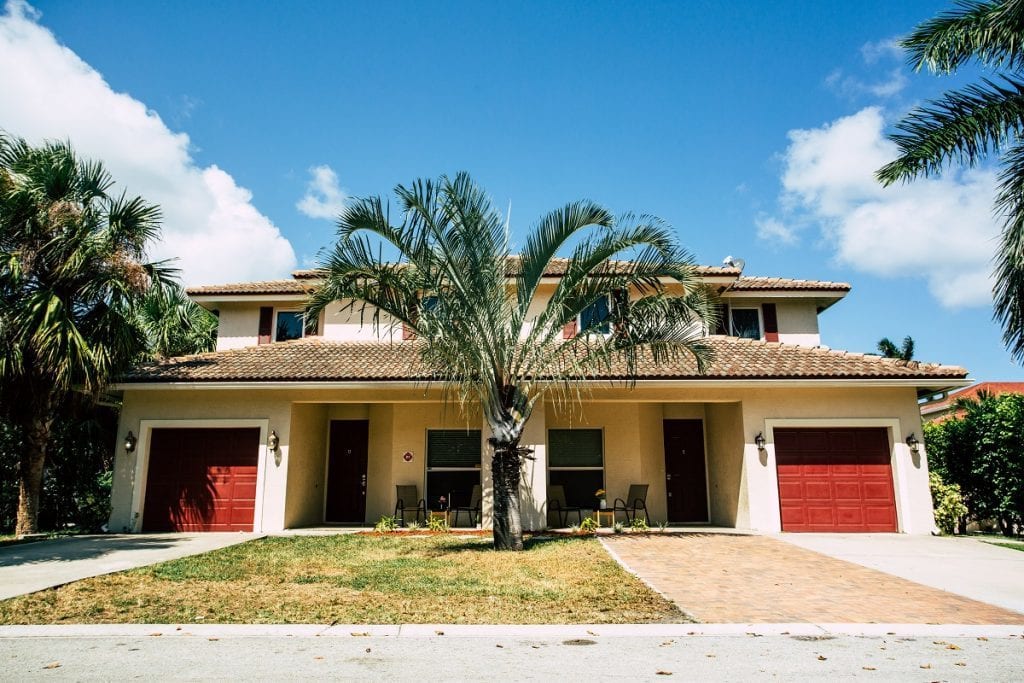

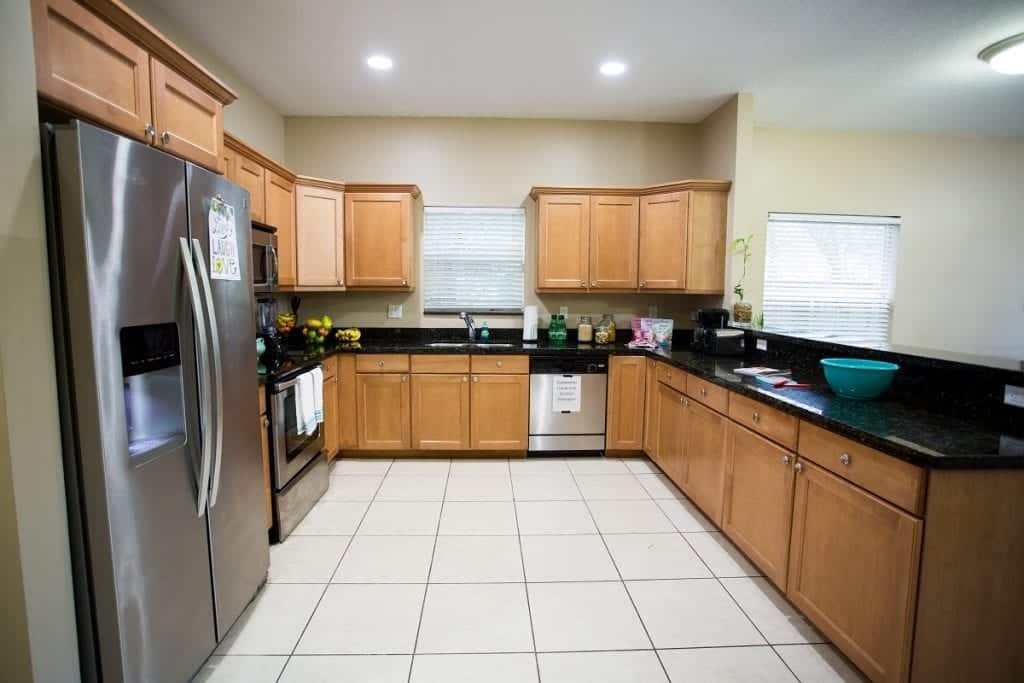
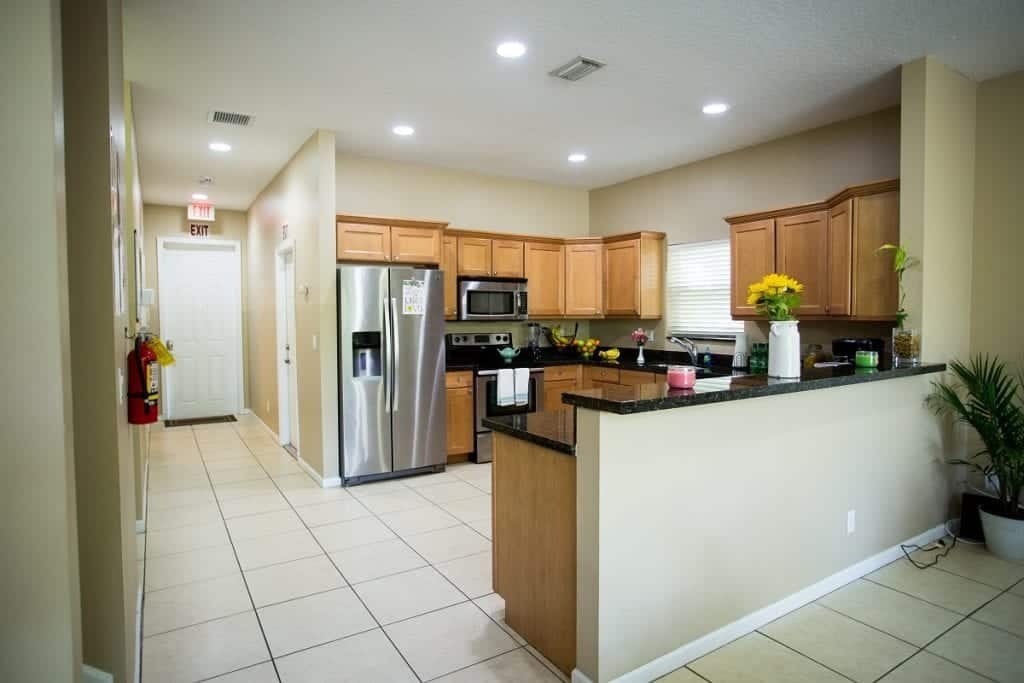
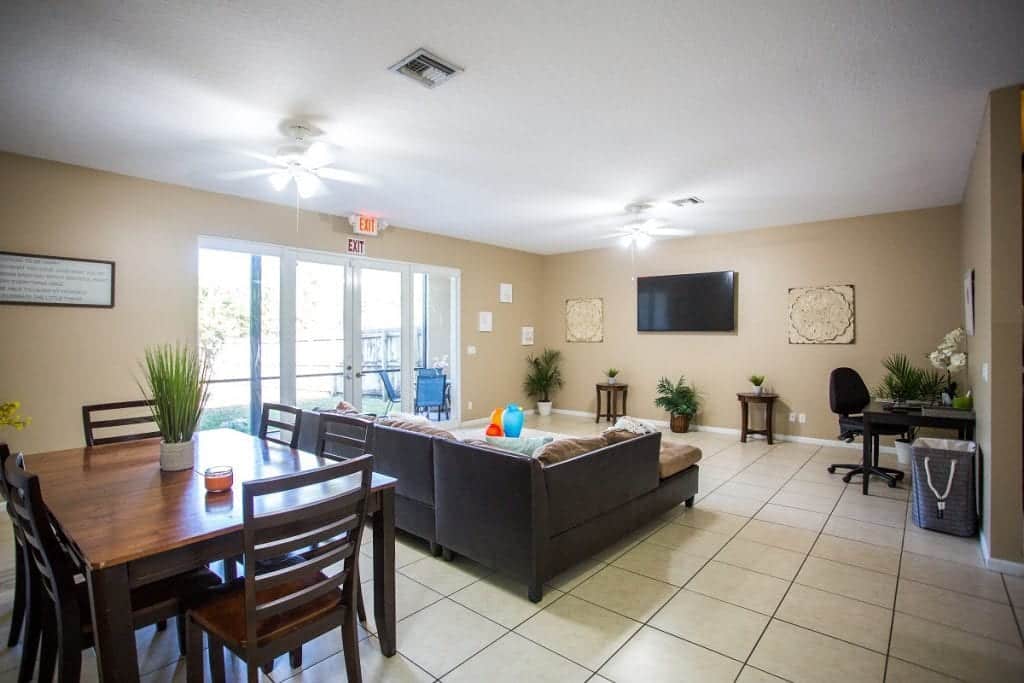
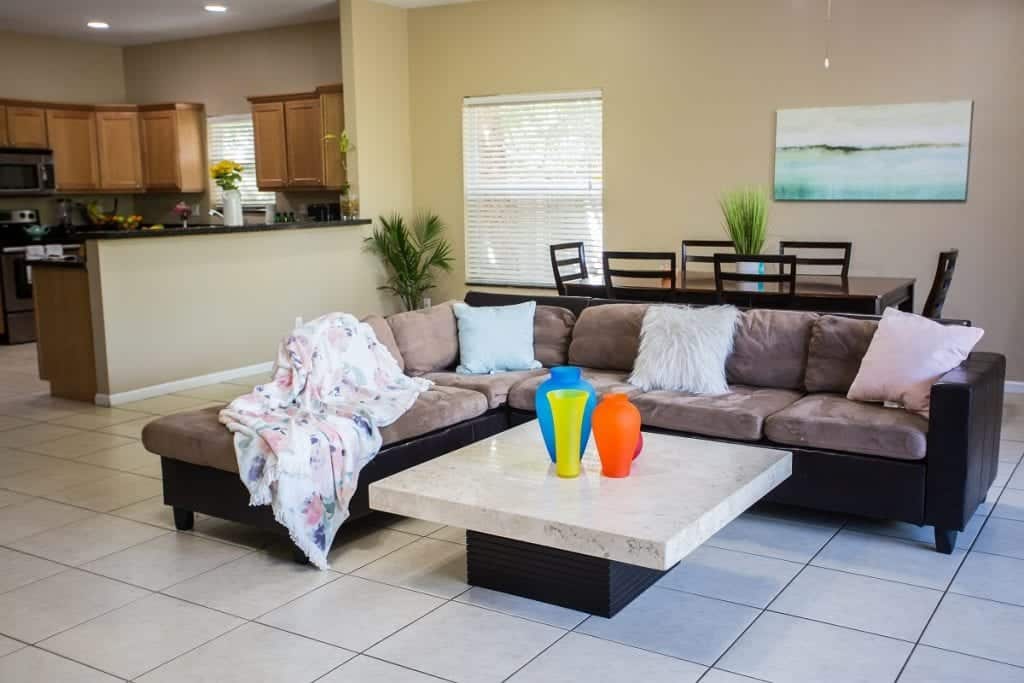

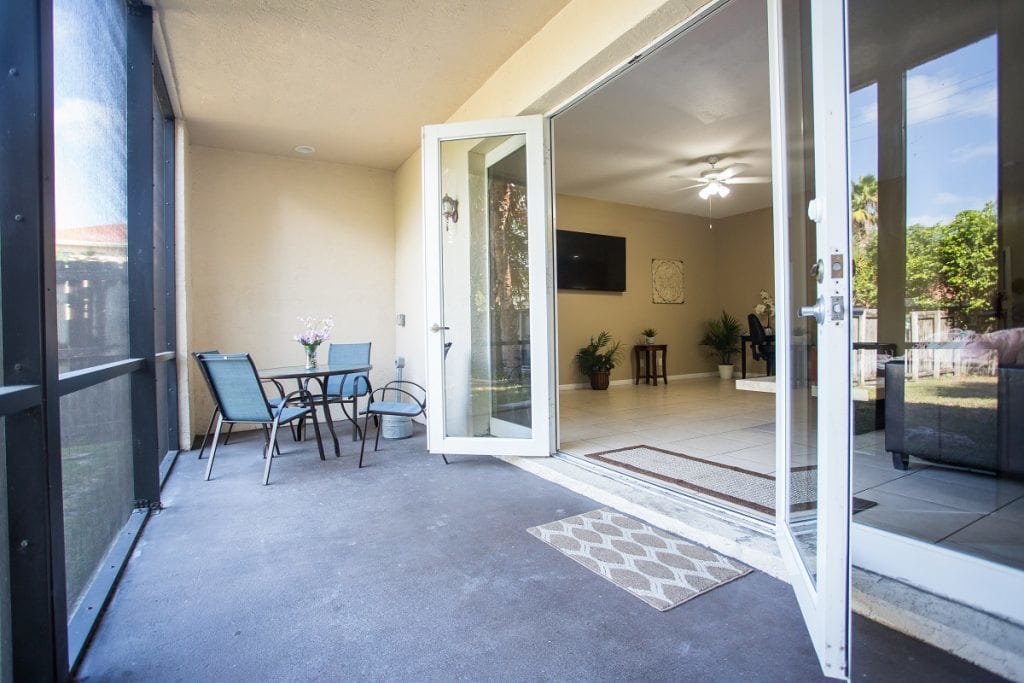
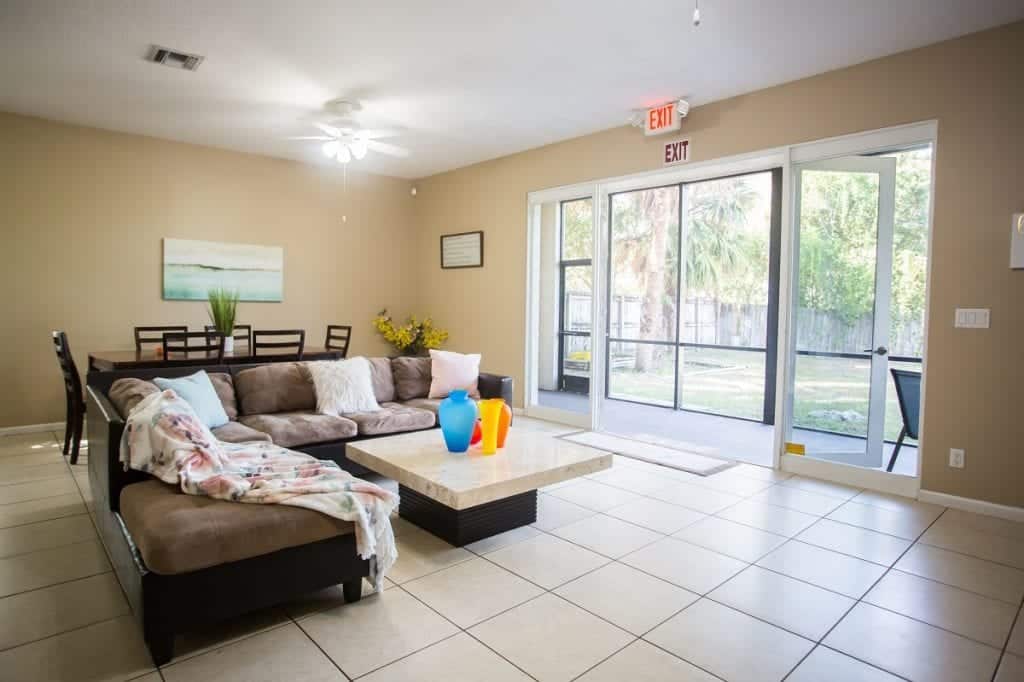
DELRAY BEACH RESIDENCE
Our Delray Beach recovery residences are conveniently located near twelve-step meetings and various sober activities. You’ll be just a few minutes away from the beach, and in this peaceful setting, you can focus on your recovery and begin to rebuild your Life.
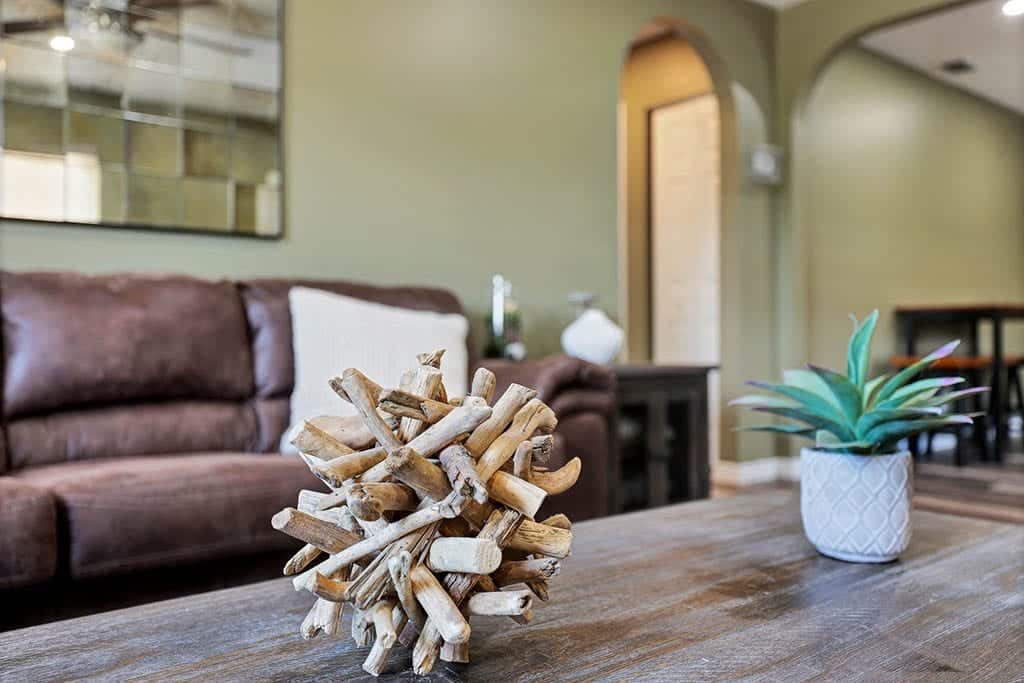

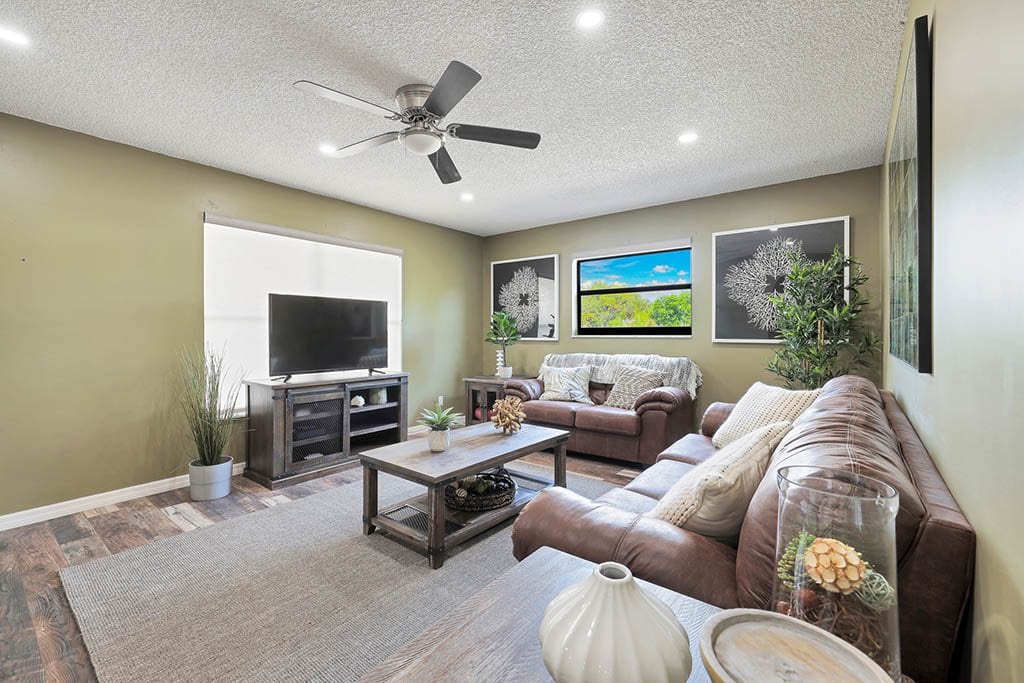
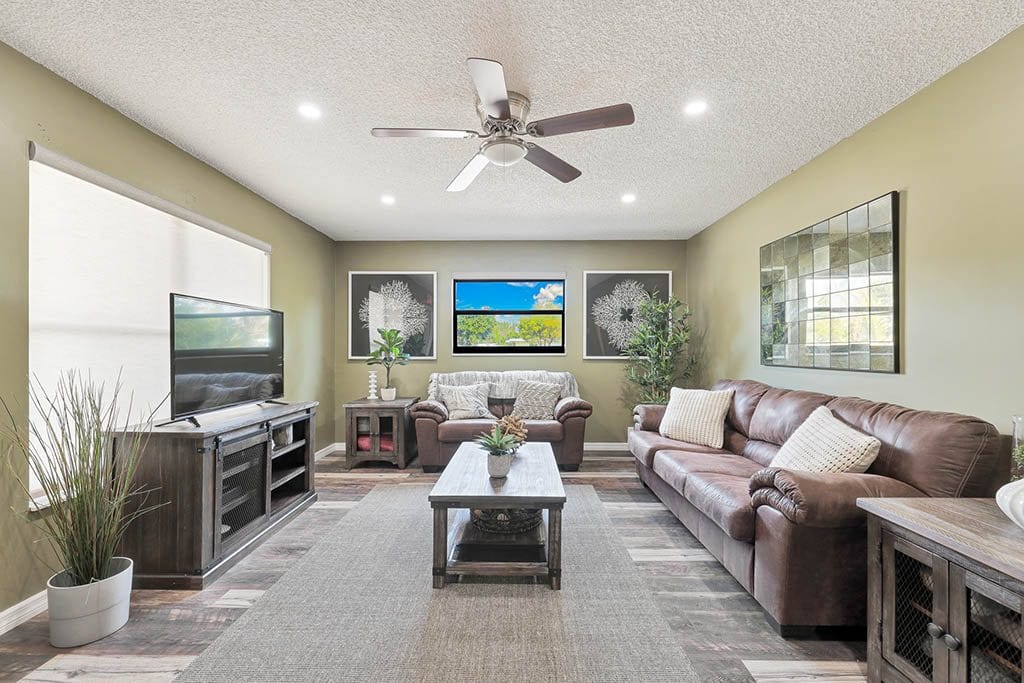
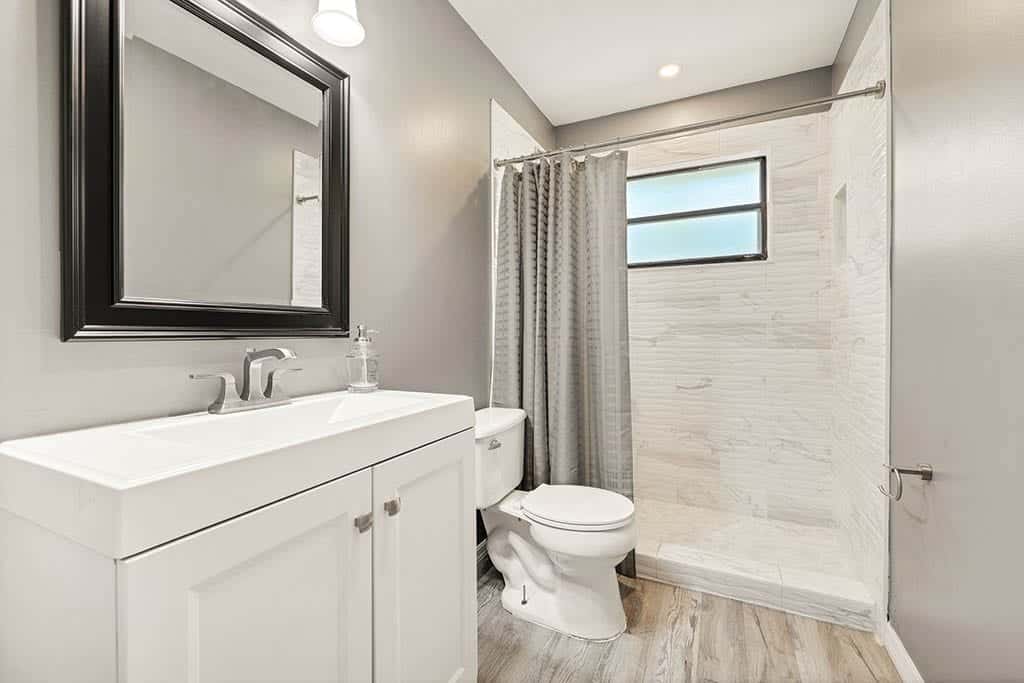
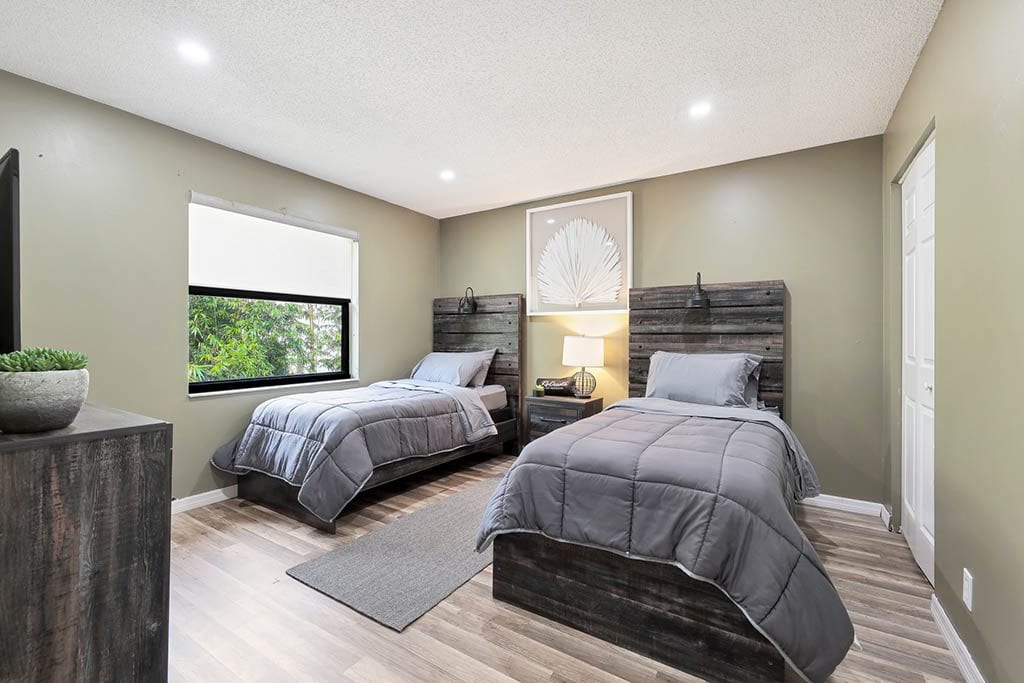
Building New Routines and Habits
In rehab, you learn about the importance of a drug-free lifestyle. Your new life needs to include routines and habits that keep you healthy, give you meaning and purpose, and help you avoid drugs.
Living in a sober home is an excellent way to build up and practice these new routines. Even though you aren’t yet completely independent, you still participate in real-life activities and live in an actual home. With the support of your specialist team and your housemates, you can figure out how to develop a way of life that works for you, including:
- Adopting routines for different parts of the day, such as morning and bedtime.
- Improving habits for exercise, eating, and sleeping.
- Strengthening time management and attending appointments, job interviews, work, classes, and social events punctually.
- Learning more about essential life skills, such as managing money responsibly.
- Seeking ways to enrich your life and healthily deal with boredom. You may be interested in art, writing, woodworking, computers, or cars.
- Exploring meaning and purpose in life. Journaling, spiritual activities, and religious services are among your options.
- Figuring out strategies for maintaining sobriety. Which places or people should you try to avoid out in the world? Which emotions or thought patterns tend to trigger a desire for drug use?
Cultivating relationships
- During your time in a sober home, you can figure out which friends and family members to reach out to and build a support network that includes the specialists you’re working with at home.
- Finding drug-free ways to have fun and socialize with people. Sports, hobbies, and movie nights are all possibilities.
Getting necessary therapy and medical help.
- You may attend a support group for addicts and one-on-one meetings with a therapist to work on other psychological issues, such as anxiety and depression. You may also need to make appointments with doctors for ongoing medical problems.
As you adopt and practice new habits, you can replace old destructive behaviors. Choosing to reside in a sober home is a comprehensive method to achieve a drug-free lifestyle.
Enjoying Consistent Peer Support
Facing life outside of rehab is daunting, and many decisions must be made. You may be facing difficulties with your relationships, health, work, and other areas of life you care about. It can all seem overwhelming.
Fortunately, a sober home makes these difficulties more manageable. You can share your fears and be heard with compassion. You can turn to people for advice. Along with the specialists that help you, you benefit from your housemates. For instance, housemates who have been maintaining sobriety for longer than you can share their wisdom about what works for them.

WHAT ARE THE KEY SIGNS OF A HIGH-QUALITY HOME FOR SOBER LIVING?
You Feel Safe
Your sober home should be a welcoming place. It should make you feel secure and supported. Even as you work at rebuilding your life, you should enjoy opportunities for healthy relaxation and fun. It’s an environment that facilitates healing and gives you hope to thrive.
You Experience the Right Balance Between Independence and Structure
A sober home should be able to strike a balance in what it offers residents. Compared to various rehab programs, a sober home allows you greater freedom in your daily activities. At the same time, you continue to receive guidance and structure. There are house rules to follow, and you may be expected to participate in certain forms of therapy or take lessons for different life skills.
You Get Treated as an Individual
Residents of a sober home share some commonalities, especially in their goal of sobriety, but people also have individual strengths, challenges, and requirements. In a high-quality home, you receive guidance and support that’s tailored to you. The recovery specialists give you personal attention and treat you as a complex human. They help you rebuild your life in the best way for you.
You Benefit From Professional Support
The recovery specialists who work with you should be experienced, compassionate, and inspirational. They should encourage every healthy habit and help you make good decisions about your life. They should also be available to facilitate a harmonious and safe environment in the sober home.
When you choose a sober home, be sure you’re in a reputable place run by people with integrity and a genuine dedication to helping you. If you’d like to learn more about our services, including our residences for sober living, don’t hesitate to contact us.
Why Choose ReCreate Life Counseling as Your Sober Living Home?
ReCreate Life Counseling in Florida provides comprehensive behavioral health services to individuals struggling with drug and alcohol addiction and mental health disorders. We are committed to provide the highest quality of sober living services. Our residences are safe and comfortable places that allow you to practice the skills necessary for sobriety. We provide on-site support from experienced, compassionate staff members who will provide emotional support and guidance and ensure you have all the essential resources to stay on track in recovery.
In addition, ReCreate Life Counseling offers a variety of treatment services related to sober living, such as individual and group therapy sessions, 12-step meetings, fitness classes, nutrition counseling, relapse prevention training, and more. We are dedicated to help you or your loved one find a successful outcome for addiction treatment.
Contact us today to learn more about our Sober Living Residence near you and how we can help you. Together, we can ReCreate Life!



